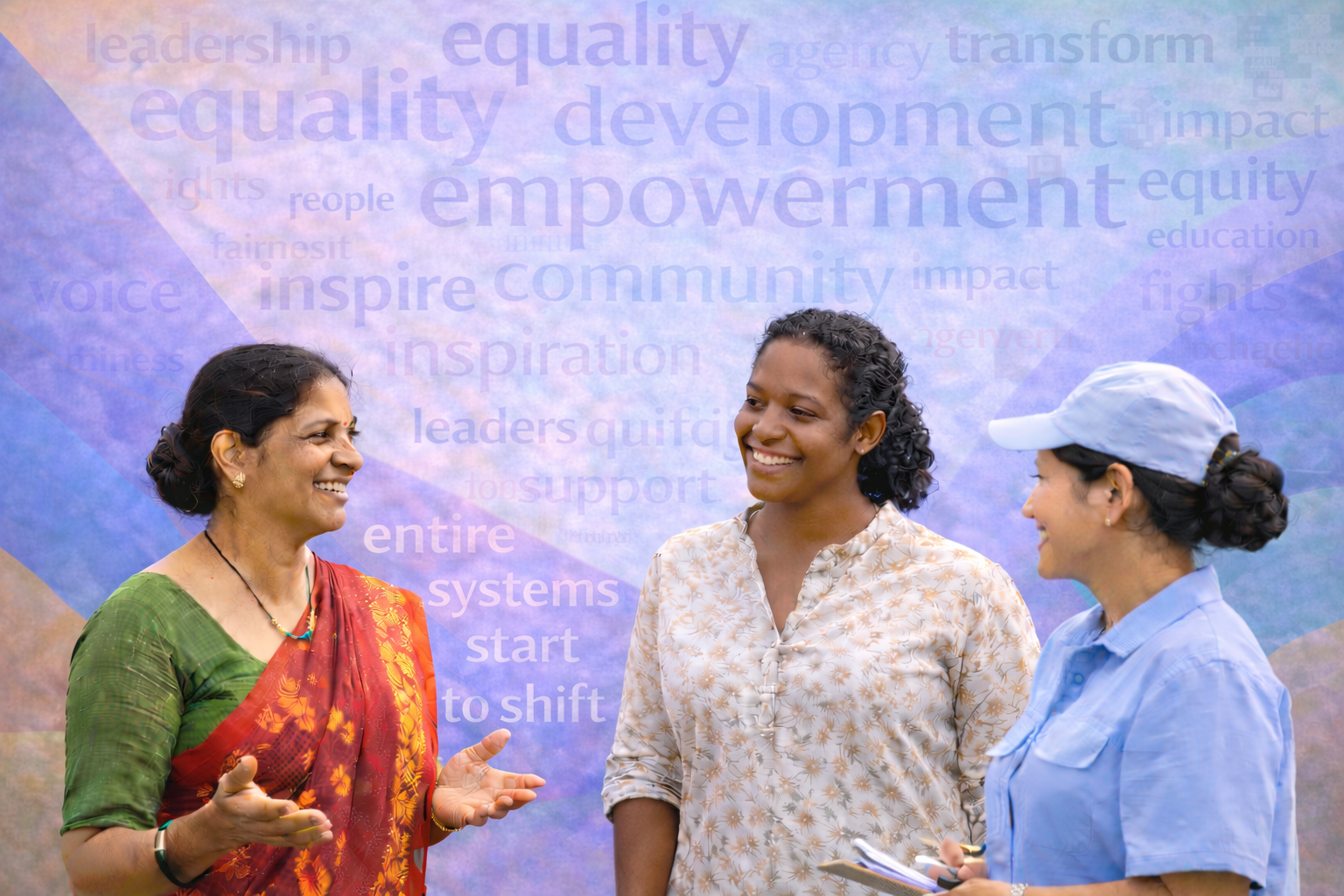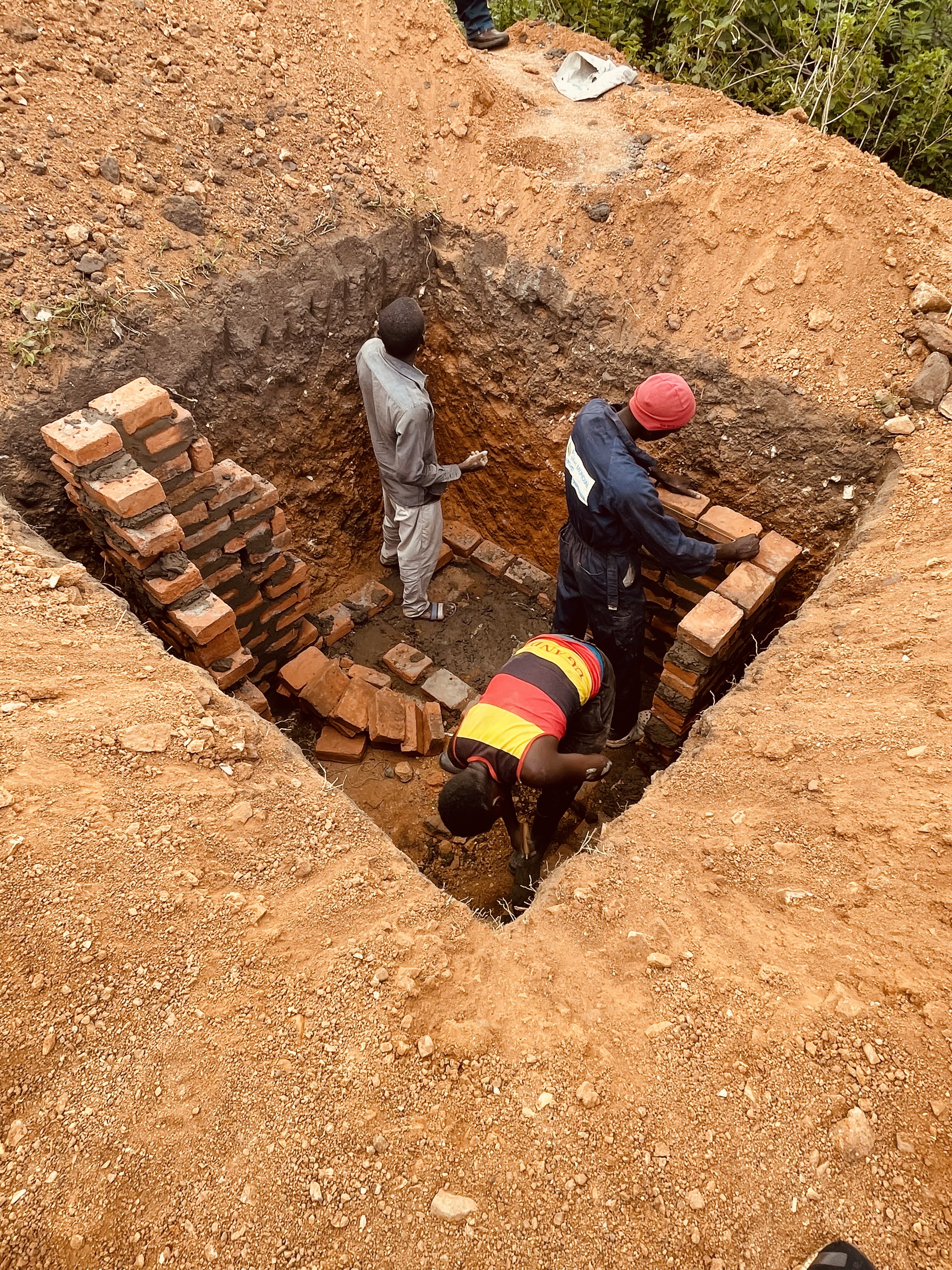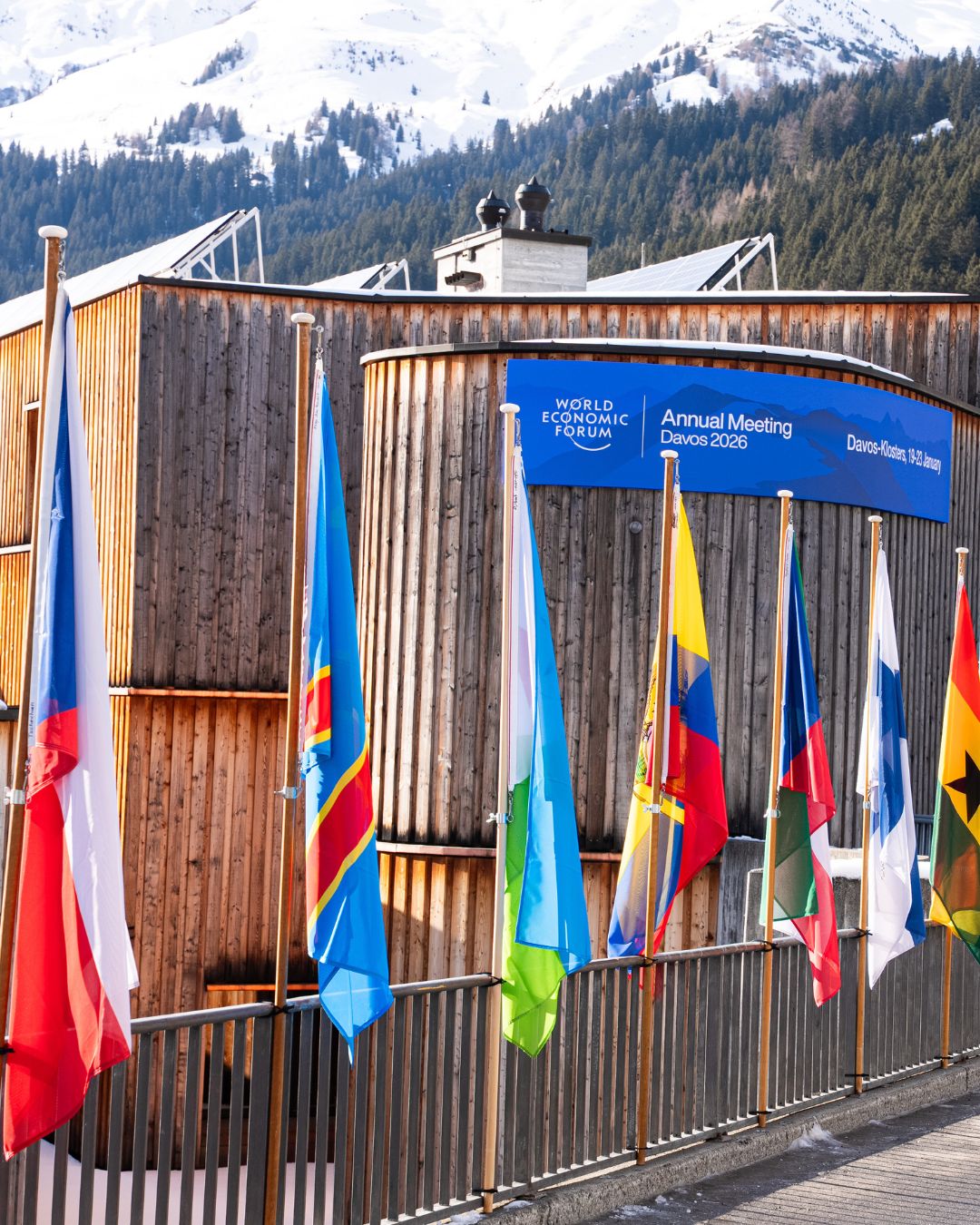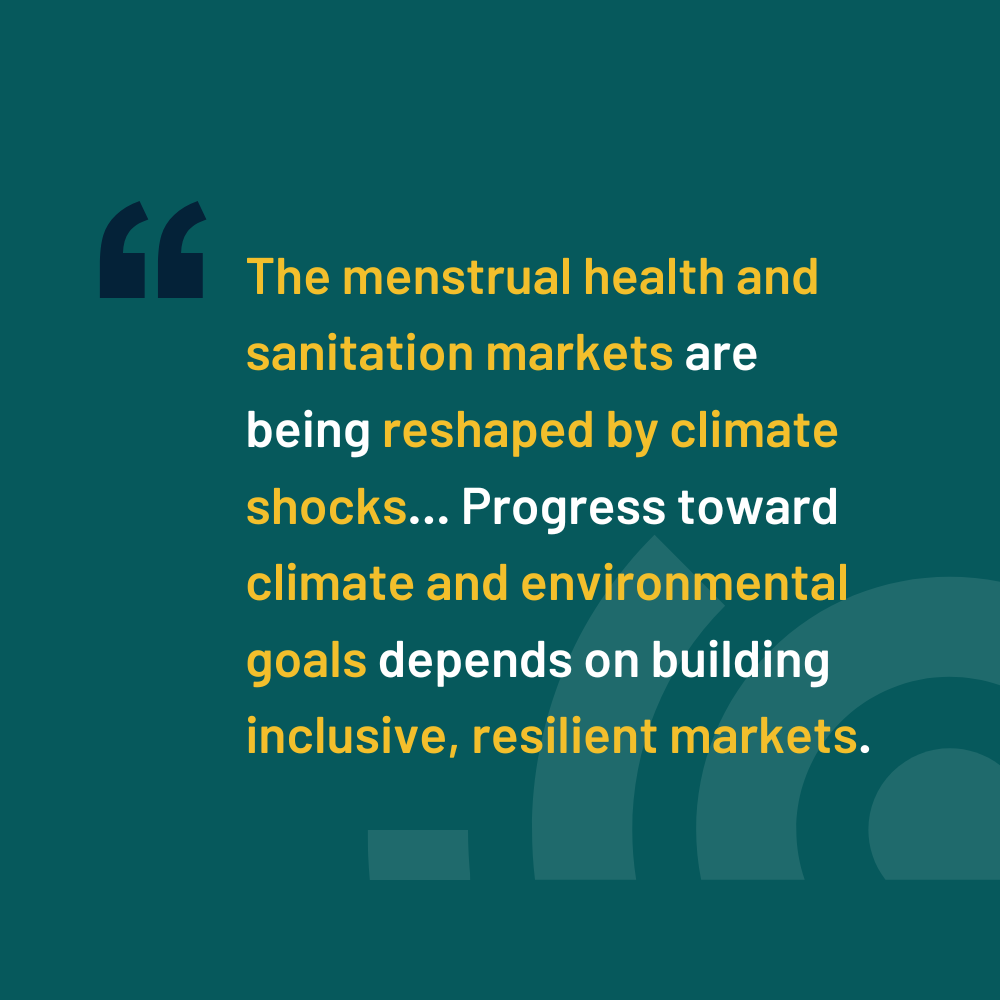
New SHF-funded project aims to accelerate Nigeria's sanitation economy to strengthen markets, access and health resilience

WaterAid Nigeria to implement SHF-funded project to support government efforts on market-based sanitation and cholera prevention and control
Abuja, 26 November 2024 - SHF is proud to announce the launch of the Accelerating Inclusive Sanitation and Hygiene Economy in Nigeria project with the Ministry of Water Resources, Nigeria, to be implemented by WaterAid Nigeria. In line with the National Action Plan (NAP) as well as the National Cholera Plan (NCP), this 30-month intervention will address key market challenges and engage the private sector to create a viable sanitation economy and improve access to sustainable sanitation and hygiene services in Bauchi, Tafawa Balewa, Misau, and Jama'are Local Government Areas (LGAs) of Bauchi State.
Bauchi State faces persistent challenges, including widespread open defecation, inadequate access to clean water, and poor hygiene practices. According to WASHNORM (2021), only 19% of Bauchi residents have access to safely managed sanitation, and 74% of household drinking water is contaminated with E. coli. These conditions contribute to recurrent cholera outbreaks, particularly in vulnerable communities.
As part of SHF’s approach centred on building viable sanitation markets and access to protect communities, prevent transmission and control outbreaks, WaterAid, in collaboration with government agencies, local institutions, and community leaders, will act to:
- Scale up access to safe water and sanitation services.
- Support economic empowerment through WASH-related business opportunities for women and youth.
- Promote innovative solutions for hygiene and sanitation management.
- Strengthen capacity for community-led management and maintenance of WASH infrastructure.
This project will directly benefit 904,000 people, representing 60% of the population in the target LGAs, focusing on vulnerable groups, including women, children, and internally displaced persons.
“It is unacceptable that preventable diseases like cholera continue to wreak lives and communities in Nigeria and globally. We are committed to working with the government of Nigeria and partners to apply the best learnings from development finance and market-based approaches to boost valiant ongoing efforts and scale up access to fit-for-purpose sanitation solutions in cholera hotspots. Together, we aim to create a thriving, inclusive sanitation economy where policy and funding meet to encourage demand and supply of gender-responsive next generation sanitation to vulnerable communities,” said Dominic O’Neill, Executive Director, SHF.
“Through this initiative, WaterAid reaffirms its commitment to fostering partnerships that deliver sustainable WASH solutions, empower communities, and promote gender equity. Together with Bauchi State stakeholders, we aim to catalyze meaningful change that improves lives and builds resilience against waterborne diseases,” said Evelyn Mere, Country Director for WaterAid Nigeria.
The project, funded by SHF with contributions from the Kingdom of the Netherlands and Switzerland, aligns with the goal of NAP’s sanitation pillar: By 2030, every Nigerian will have access to safely managed sanitation and hygiene facilities in cities, small towns, and rural communities through elimination of open defecation by 2025; attaining 100% coverage of improved sanitation with a mix of on-site and sewerage systems and effective systems for faecal sludge management by 2030.
This is also the thrust of SHF’s Next Generation Sanitation approach that highlights the importance of ensuring operationally, financially and environmentally sustainable and innovative sanitation solutions that are tailored to respond to the specific needs of people and communities, especially women and girls. The project will specifically support policy development and implementation, private sector growth, and provide consumers with access to affordable quality goods as part of broader efforts to grow the sanitation economy in Nigeria, estimated to be worth more than USD 12 billion by 2030 once universal access is achieved.
---ends---
For more information, please contact:
Zainab Mukhtar, WaterAid Nigeria Communications Officer, ZainabMukhtar@wateraid.org; +234 707 115 8421
Rucha Naware, Communications Specialist, SHF: rucha.naware@shfund.org; +32 465 75 1339
Notes to Editors:
About WaterAid
WaterAid is working to make clean water, decent toilets, and good hygiene normal for everyone, everywhere within a generation. The international not-for-profit organisation works in 28 countries to change the lives of the poorest and most marginalised people. Since 1981, WaterAid has reached 27 million people with clean water and 27 million people with decent toilets.
For more information, visit www.wateraid.org, www.wateraid.org/nigeria; follow @WaterAidNigeria, @WaterAid or @WaterAidPress on Twitter, or visit us on Facebook at www.facebook.com/wateraid, www.facebook.com/wateraidnigeria, www.facebook.com/wateraidnigeria
About the Sanitation and Hygiene Fund (SHF)
The UN’s Sanitation and Hygiene Fund (SHF) works to achieve universal access to sanitation, hygiene and menstrual health through market-based approaches. SHF works with Low- and Middle-Income Countries (LMICs) to catalyze investment into robust, climate-resilient sanitation economies and the menstrual health and hygiene (MHH) market. Capital M is SHF’s market-led moonshot for menstrual health. SHF is also a member of the Global Task Force on Cholera Control (GTFCC), a network of more than 50 partners active in cholera control globally, including academic institutions, non-governmental organizations, and United Nations agencies.
Find out more on www.shfund.org and www.capital-m.org. You can also follow us on LinkedIn as the Sanitation and Hygiene Fund (SHF) and Capital M.
* In Nigeria:
- 44.5 million people in Nigeria – one in five – don’t have clean water close to home.
- 116.8 million people in Nigeria – just over half the population – don’t have a decent toilet of their own.
- 150.6 million people in Nigeria – almost three quarters of the population – lack soap and/or water to wash their hands at home.
- In Nigeria, over 65,000 children under 5 die every year from diarrhoea caused by dirty water, poor toilets and no hygiene facilities.
- Only 1 in 10 schools have access to basic water, sanitation, and hygiene services (11%).
- Only 1 in 20 healthcare facilities have access to basic water, sanitation, and hygiene services (6%).
- Less than 1 in 20 parks and markets have access to basic water, sanitation, and hygiene services (4%).
* 2021 WASH National Outcome Routine Mapping (WASH NORM)
- The current total value of the sanitation economy in Nigeria is US$ 5.8 billion. Potentially it can exceed US$ 12 billion, once universal access has been achieved. (The Sanitation & Hygiene Fund. 2023. Sanitation Economy Assessment: Nigeria 2022. UNOPS, Geneva, Switzerland.)



